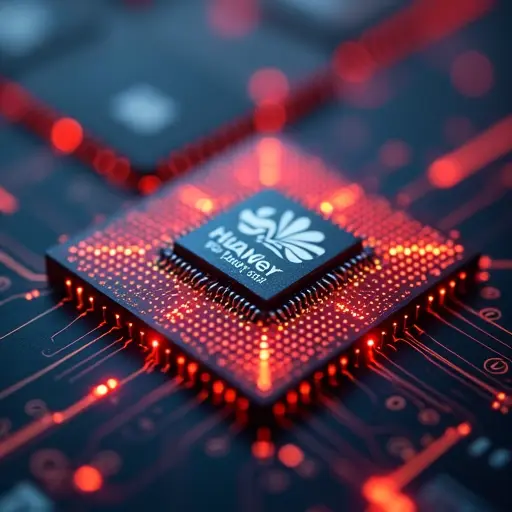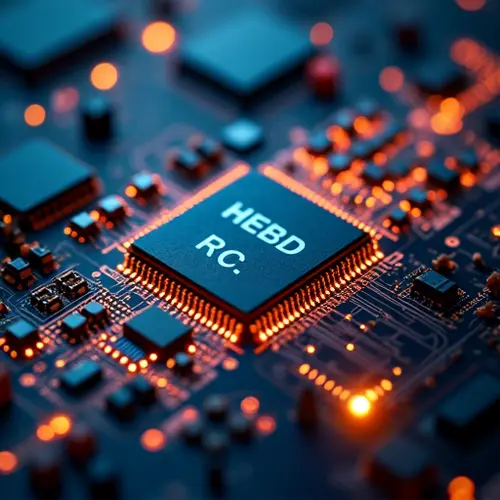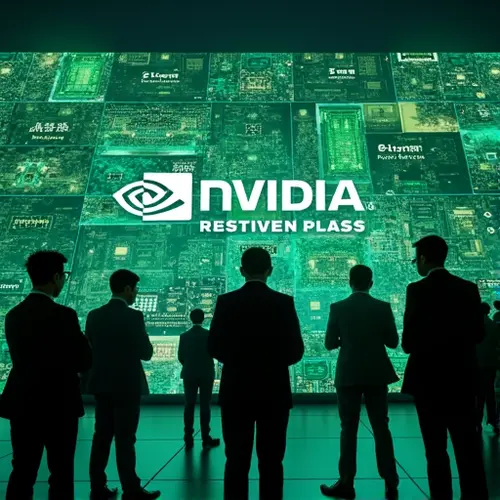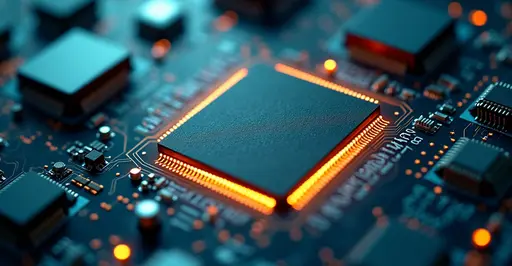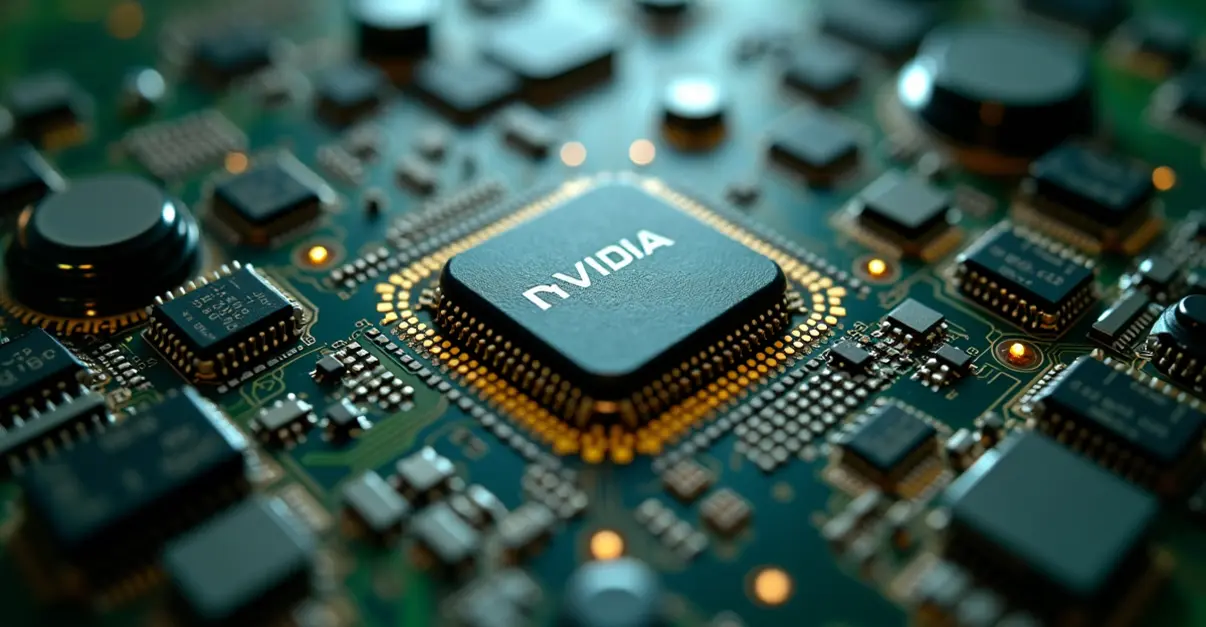China bans tech giants ByteDance and Alibaba from purchasing Nvidia AI chips, requiring cancellation of existing orders as part of push for technological self-reliance amid US-China tensions.
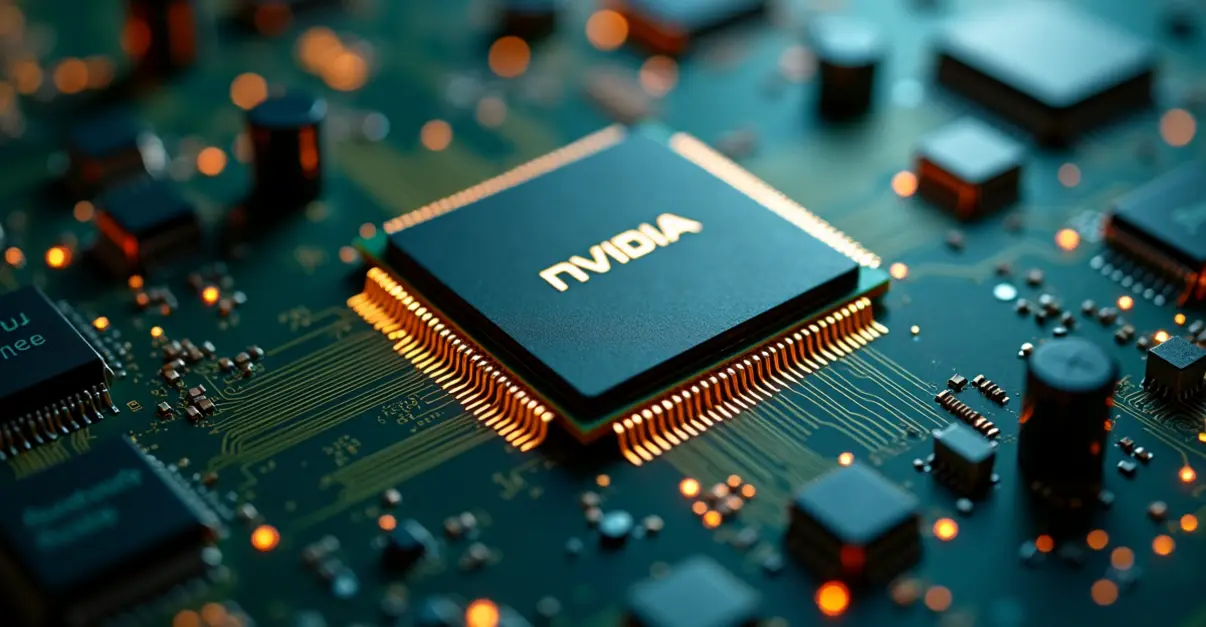
China Escalates Tech War with Nvidia Chip Ban
China's internet regulator has issued a sweeping ban prohibiting major tech companies from purchasing AI chips from American semiconductor giant Nvidia. The decision affects industry leaders including ByteDance, the parent company of TikTok, and Alibaba Group.
Immediate Restrictions and Cancellations
The ban not only prevents new orders but also requires cancellation of existing purchases. This includes Nvidia's latest RTX Pro 6000D model, which Chinese companies had planned to order in tens of thousands of units. Each chip was estimated to cost between $6,500 and $8,000 according to Reuters.
Strategic Move Toward Self-Reliance
China's move represents a significant escalation in its efforts to reduce dependence on foreign technology. Nvidia has become an indispensable player in artificial intelligence development, producing chips capable of handling advanced computations essential for data centers and AI applications.
"The message is clear," an anonymous manager at a Chinese tech company told the Financial Times. "Earlier people still hoped that new Nvidia chip supplies would come if the geopolitical situation improved. Now we need everyone to build our own system."
Domestic Alternatives Emerging
Recent testing suggests Chinese-made chips now perform as well as or better than the Nvidia chips that were permitted for export to China under US restrictions. Industry sources indicate sufficient domestic supply exists, eliminating the need for Nvidia purchases.
Geopolitical Implications
The ban comes as a setback for Nvidia, which recently negotiated a deal with the Trump administration allowing continued chip exports to China in exchange for 15% revenue sharing. However, the company had not yet sold any chips under this arrangement and wasn't expected to do so in coming months.
This development occurs ahead of scheduled talks between President Xi Jinping and former President Trump, where technology competition and the TikTok deal are expected to dominate discussions. The situation underscores the ongoing tech war between the world's two largest economies.

 Nederlands
Nederlands English
English Français
Français Deutsch
Deutsch Español
Español Português
Português


